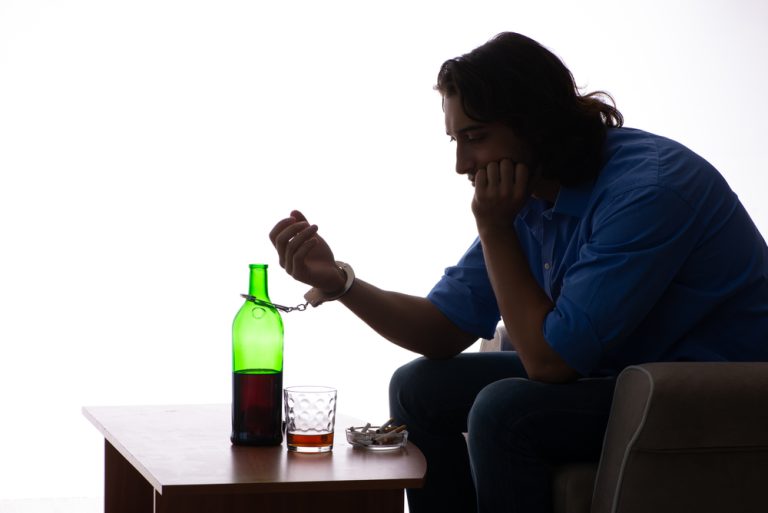Whats sleep got to do with it? Longitudinal associations between insomnia, PTSD, and alcohol use among U S. Veterans
-
AUTHOR: admin
-
septiembre 28, 2022
Whats sleep got to do with it? Longitudinal associations between insomnia, PTSD, and alcohol use among U S. Veterans
Content
Alcohol poisoning can be treated, but it can also be fatal if not caught in time. This is when a person cannot remember anything at all about the night. They will have no memory of what happened, where they went, or who they were with.
- The first sign of alcohol abuse is the amount of drinking that is taking place.
- This inability to function makes the hippocampus unable to process memories of events that just happened.
- But some people who suffer from PTSD-induced insomnia will turn to alcohol under the impression it helps them sleep.
- This is sometimes the result of those on certain medications, like opioids or benzodiazepines.
- To better understand these relationships, future research should include longitudinal designs so that the temporal implications of the meditational model could be examined.
While blacking out isn’t necessarily a sign of alcohol addiction, it can be one of the indicators if experienced regularly. When a person passes out, they lose consciousness are in a state similar to being asleep, although they are not likely to respond to stimuli like being spoken to or touched. When a person blacks out, they make decisions, hold conversations, and even continue to drink. They appear to be conscious, but they will not remember what happened.
Find Treatment for Alcohol Addiction and PTSD Today
In the 1990s, more than 100,000 Bhutanese citizens of Nepali origin took refuge in Nepal [33]. Other circumstances, such as sex trafficking, natural disasters (mainly flooding, landslide, and earth quakes), adverse childhood events, as well as socioeconomic inequality are potential contributors to the PTSD burden in Nepal. A few studies from Nepal have reported the prevalence of PTSD among vulnerable groups, such as tortured refugees (14%), former child soldiers (55%), and victims of political violence (14%) [34] and human trafficking (30%) [35].

Sixty-eight percent of Vietnam veterans who sought help for PTSD suffered from alcoholism. 1 in 3 veterans currently getting treatment for substance abuse suffer from PTSD. From 2003 to 2009, there was a 56 percent increase of veterans getting treatment for alcoholism. Due to the nature of traumatic events veterans experience Top 5 Questions to Ask Yourself When Choosing Sober House such as being threatened, high stress environments, death, severe injuries, violence, and sexual trauma, veterans are often deeply impacted after combat. After traumatic experiences, it is common for suffers of trauma to experience helplessness, suicidal thoughts, aggression, self-harm, depression and anxiety.
Insomnia as a predictor of mental disorders: A systematic review and meta-analysis
This hazardous drinking can be an indication that they are having trouble controlling their behavior. People suffering from a mental illness like PTSD will experience several symptoms and side effects. In particular, it is characterized by hyperarousal symptoms such as intense fear, anxiety, and a feeling of helplessness, as well as intrusive memories or flashbacks of the traumatic event.

0 comment